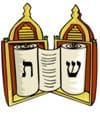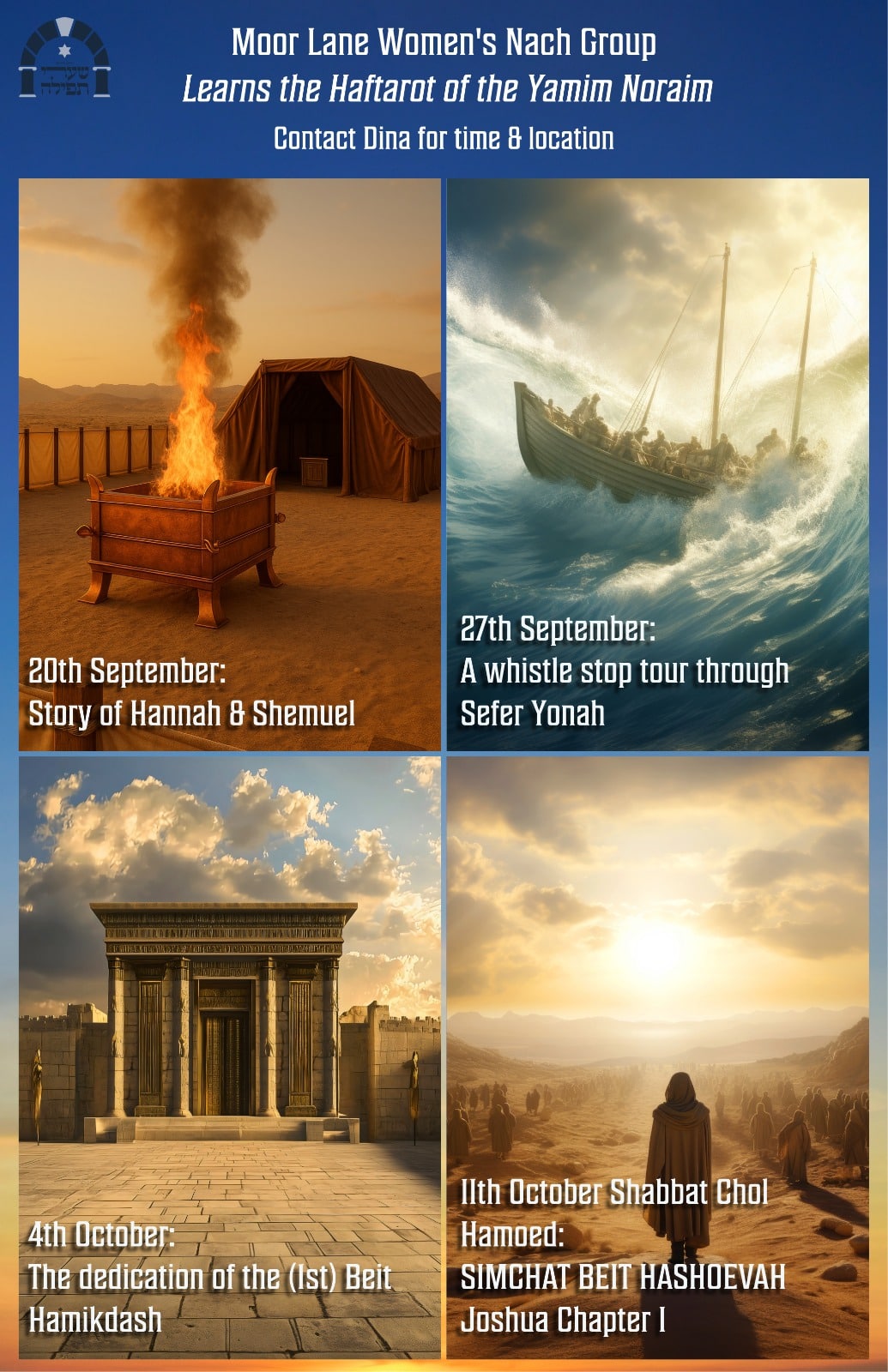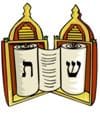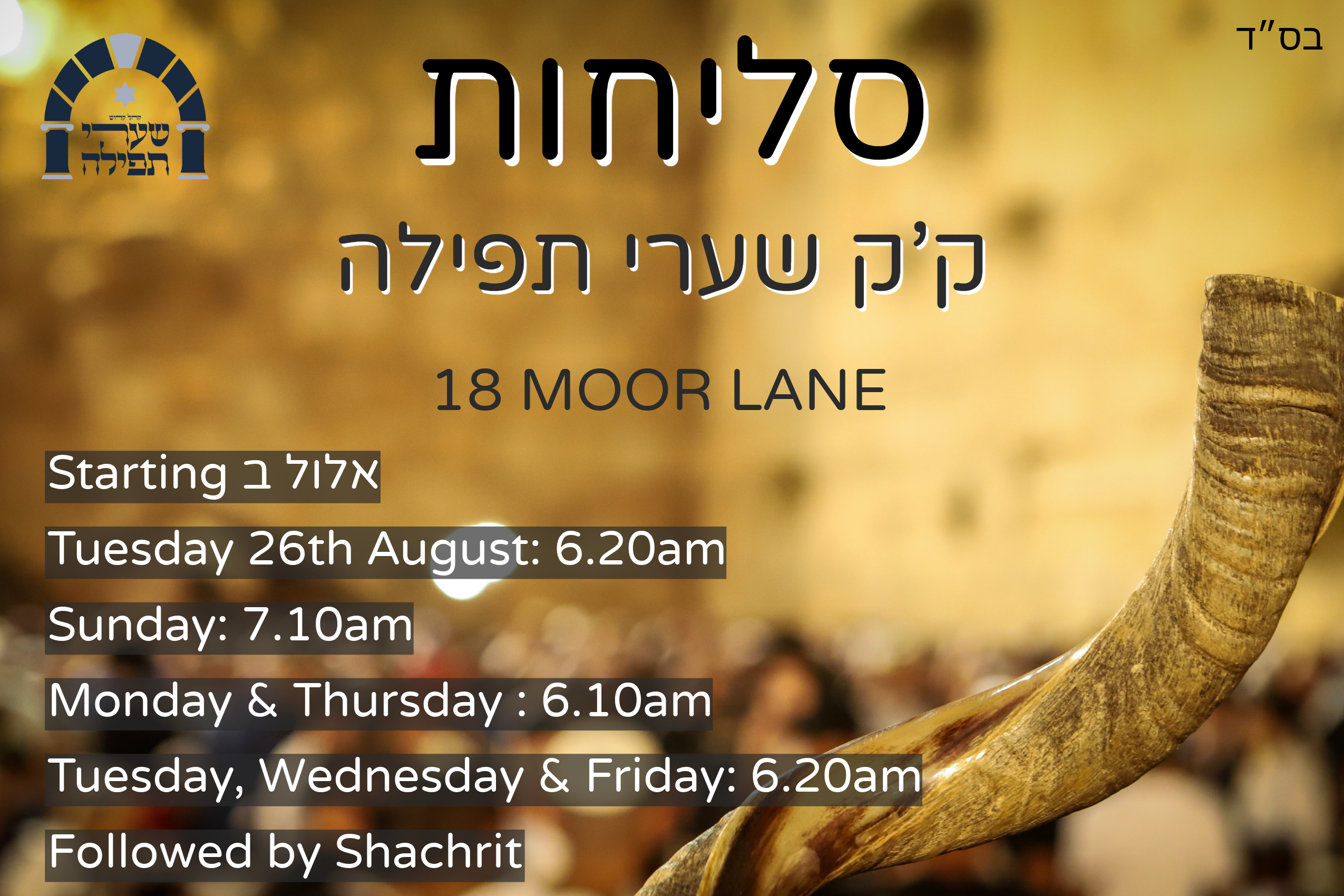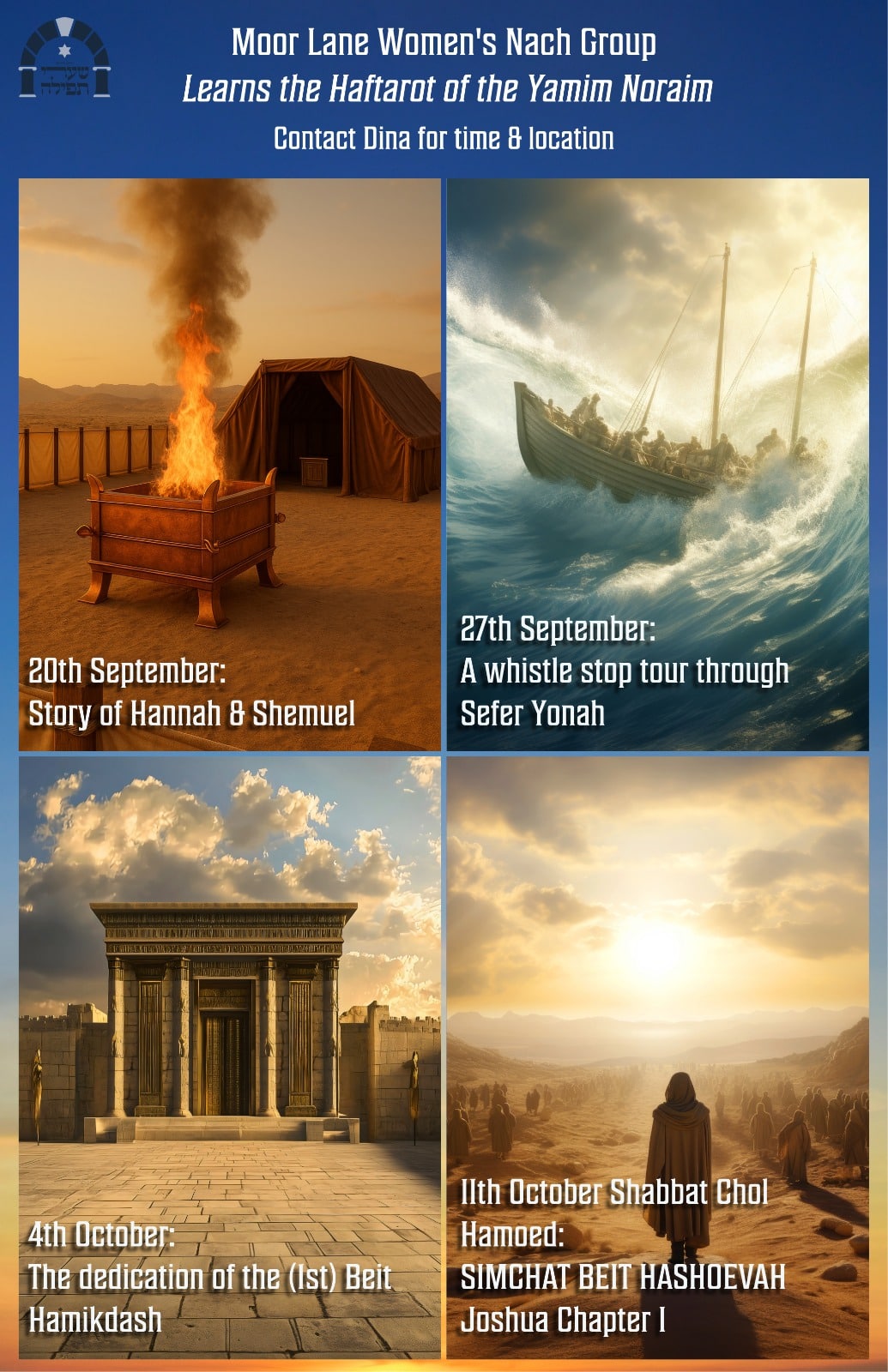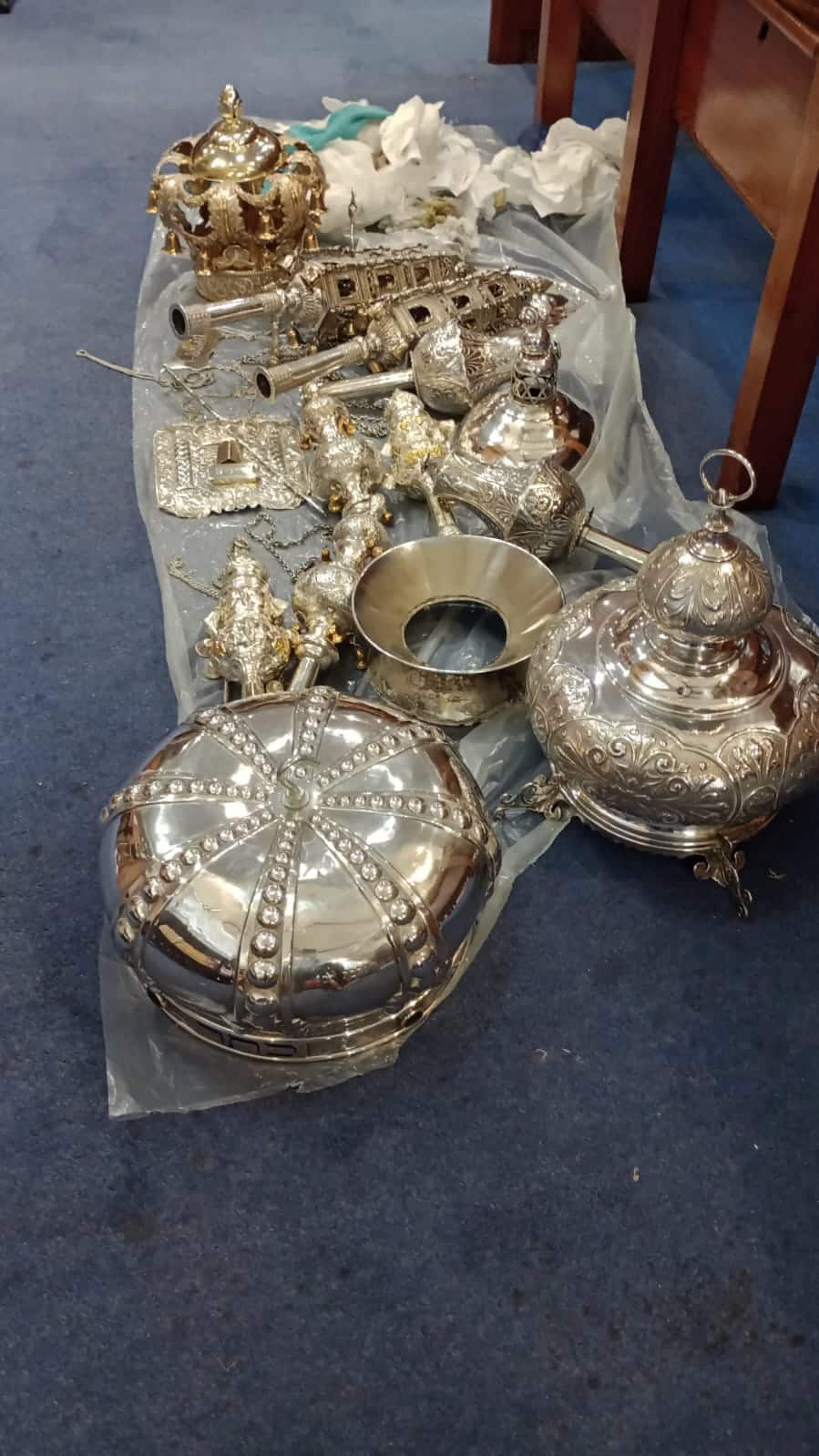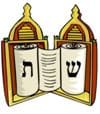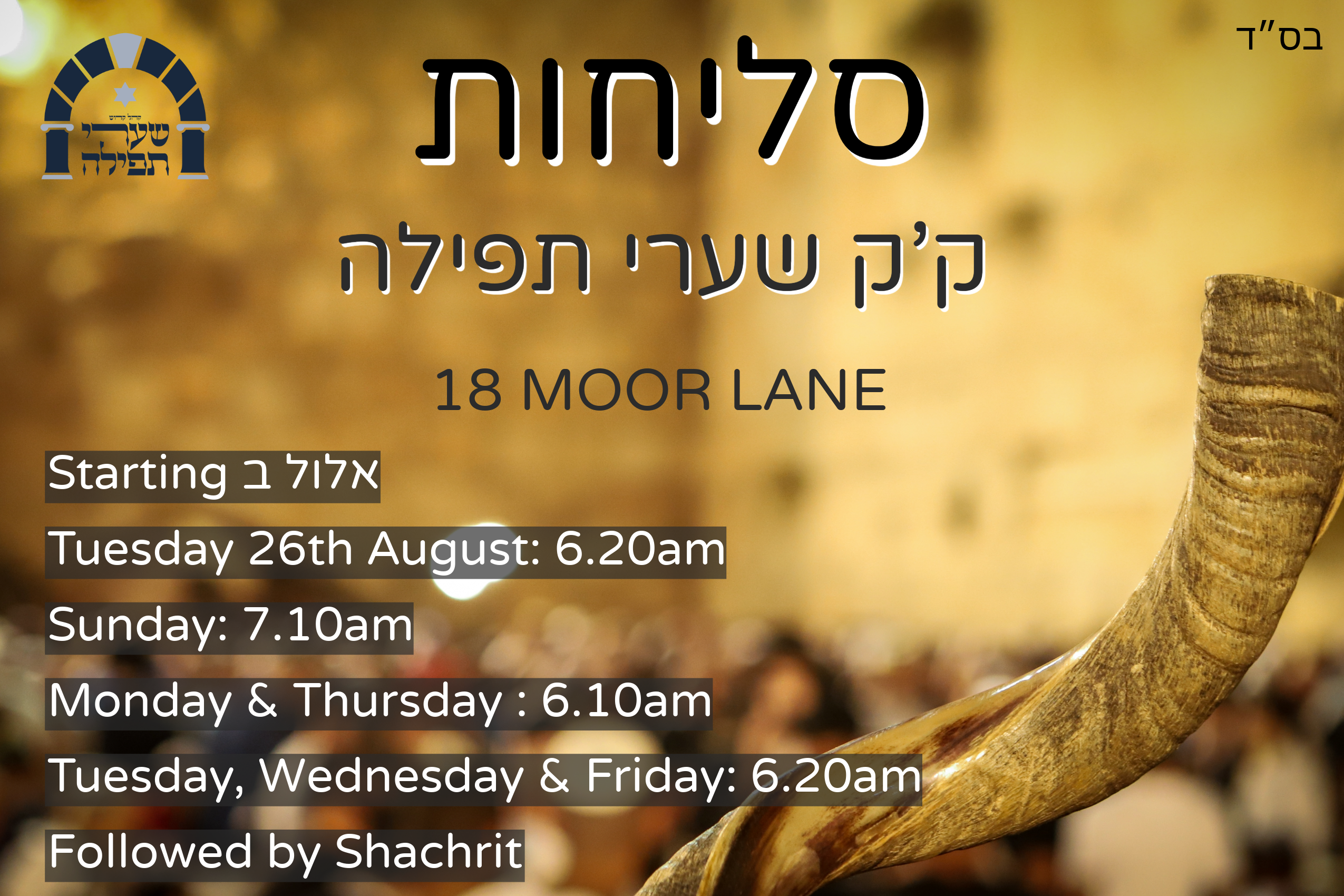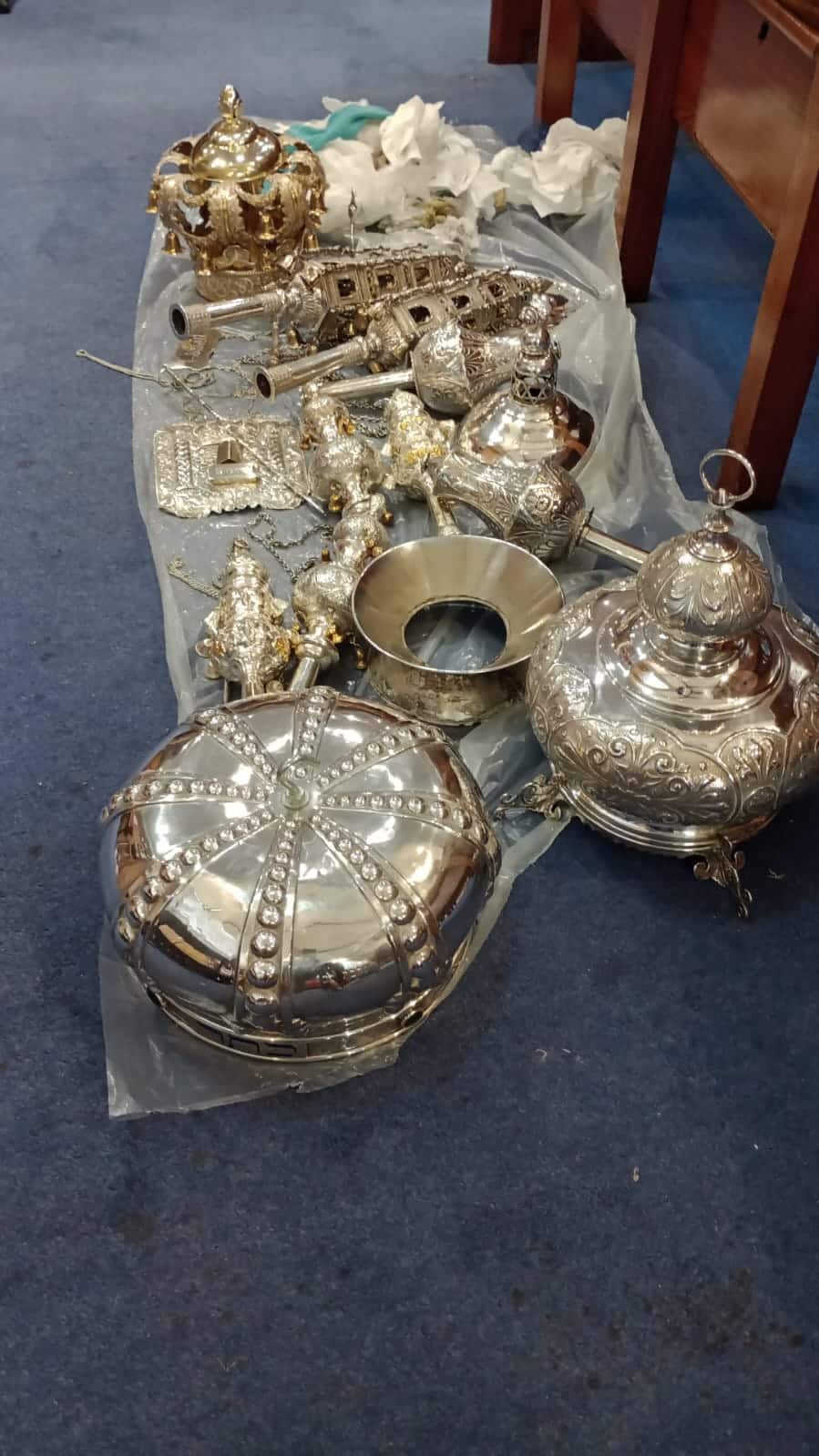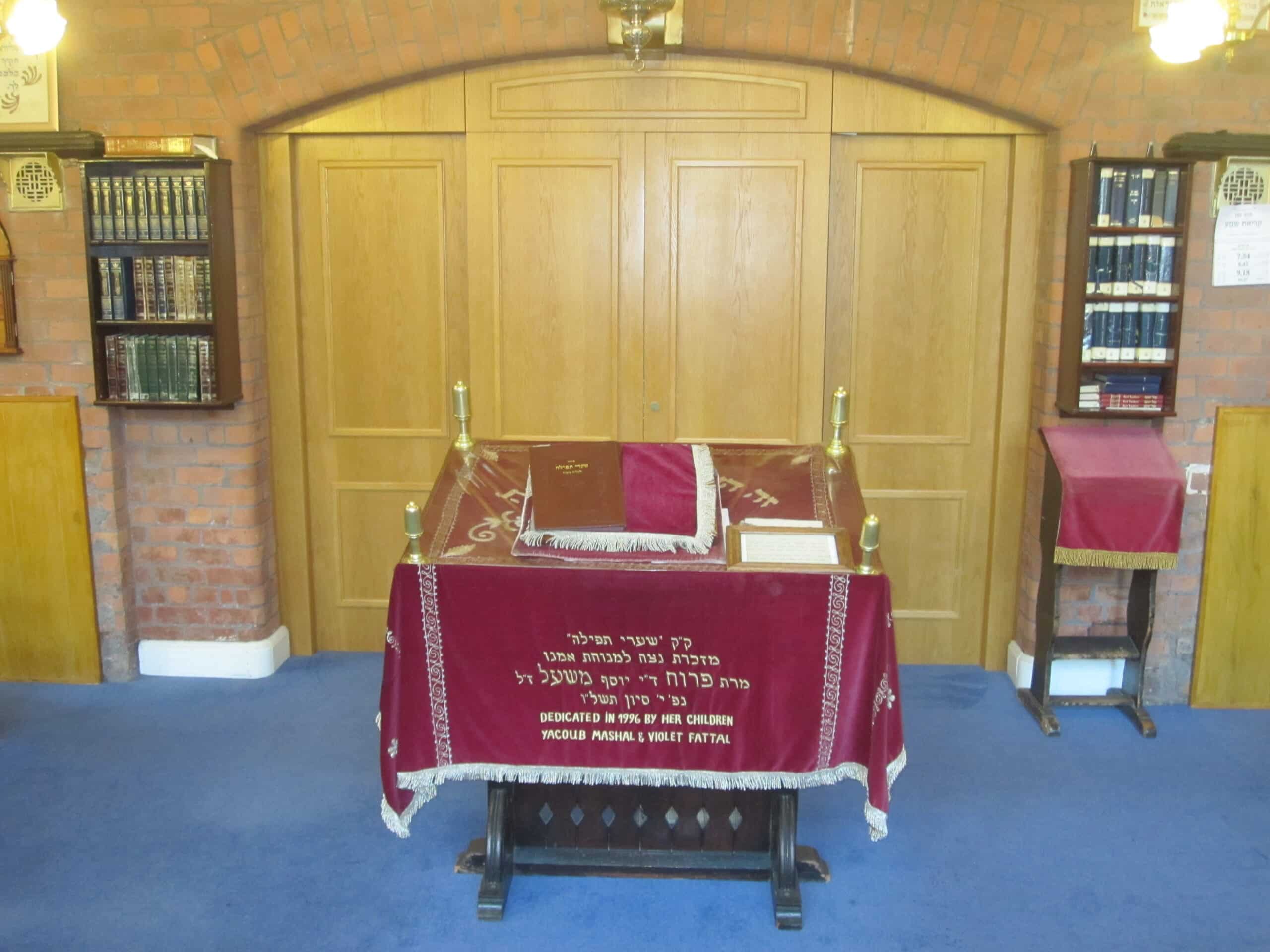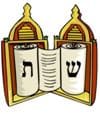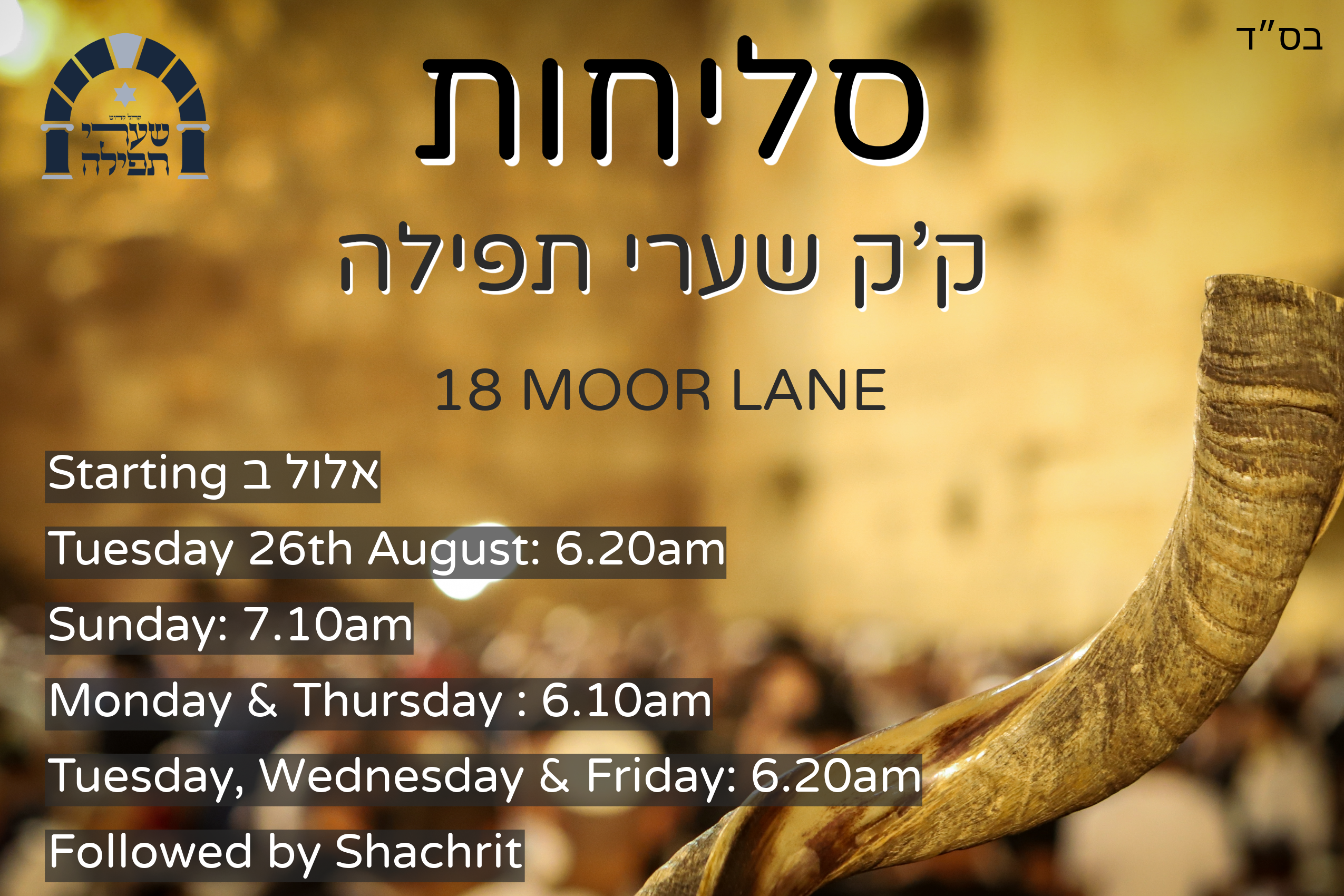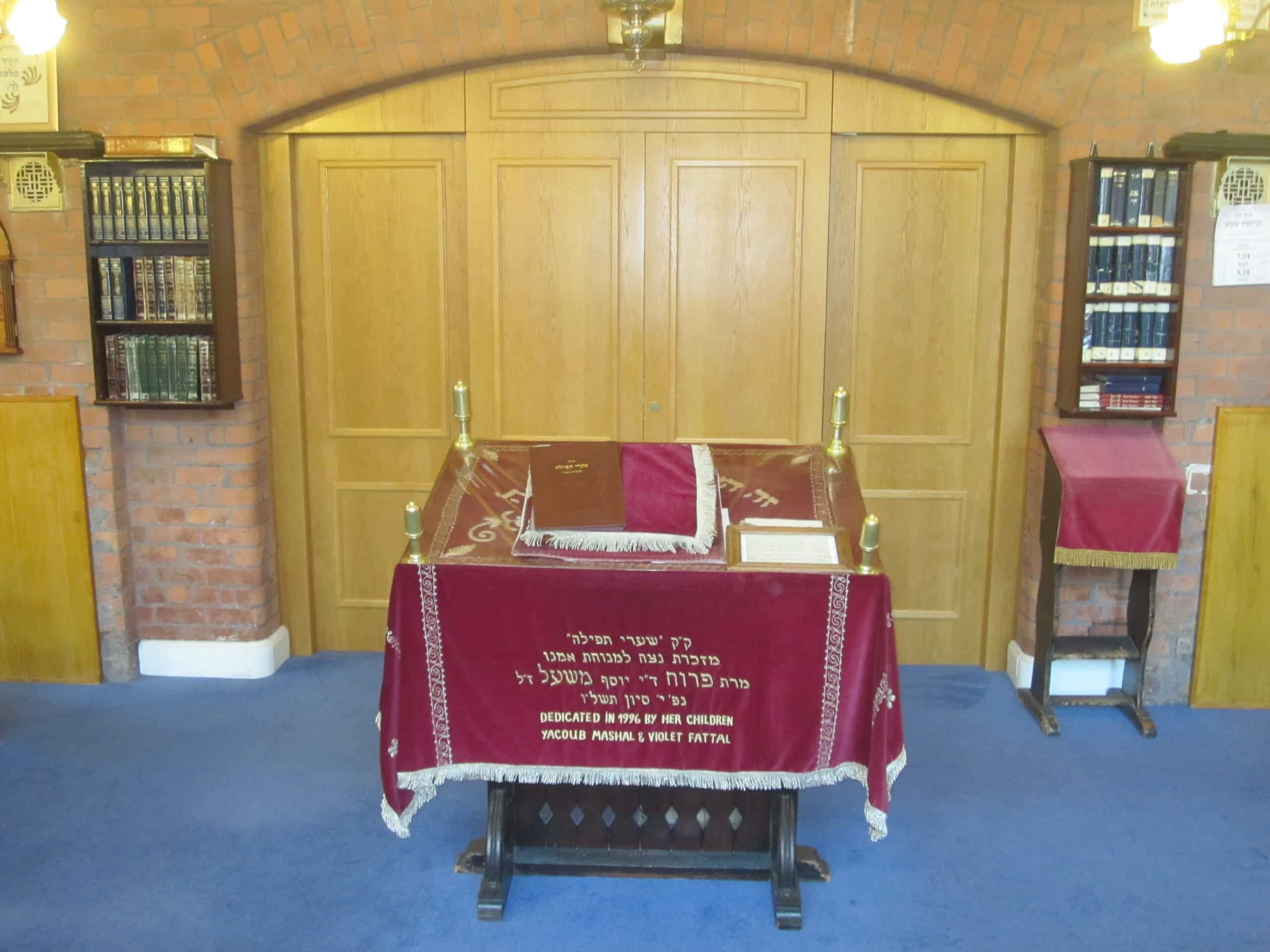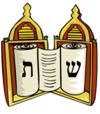


גמר כתיבה וחתימה טובה
תזכו לשנים רבות נעימות וטובות
שנה טובה ומתוקה





A few weeks ago we sent each member a private email with the list of the names of deceased loved ones for the Hashkavot on Yom Kippur. We also asked you to reply to that email to either (1) inform us of any changes to the list or (2) to let us know that the list is correct.
To date, we have not received a reply to many of the emails, and failure to do so will mean that we may not say the השכבה/hashkava individually for your relative(s) and instead just add the name(s) together with a list of other names, so please, if you have not yet replied to the email, recheck your emails and avoid a disappointment.
Alternatively, return the list by hand to a member of the Mahamad.
Donations can be made by
1) Handing it to a member of the executive or Mahamad.
2) Online Banking:
Bank | Branch Title (not address) | Sorting Code Number |
Natwest Bank plc
| 463 Bury New Road, Prestwich, Manchester M25 1AB | 01-07-20 |
Beneficiary’s Name | Account Number |
MANCHESTER CONGREGATION OF SPANISH AND PORTUGUESE JEWS | 01012525 |
Thank you
Arichut Yamim Tizku Leshanim Rabot
The Gabbaim

Moor Lane Women’s Nach Group
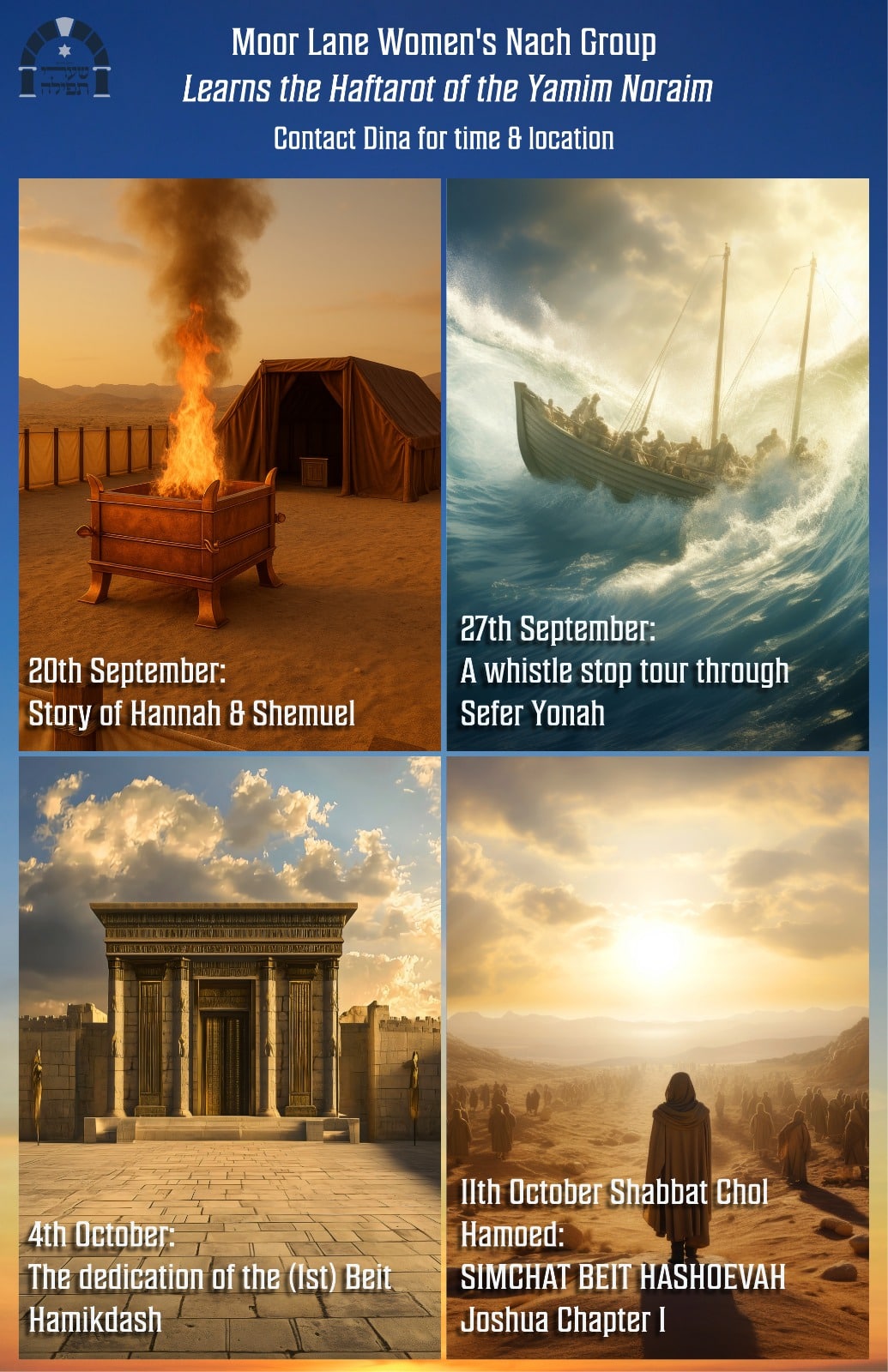
********

- Passover commemorates the going out of Egypt. Shavuos commemorates the giving of the Torah. What historical event can Yom Kippur be said to commemorate?
Moshe came down from Mount Sinai on the tenth of Tishrei with the second set of Tablets, signifying forgiveness for the sin of the golden calf. Yom Kippur can be said to commemorate this event, the first national day of forgiveness for the Jewish People. - For what kinds of sins does Yom Kippur not atone?
Sins committed against other people, including hurting someone's feelings. Yom Kippur does not atone for these sins until the perpetrator gains forgiveness from the victim himself. (Orach Chaim 606:1) - What should someone do if the person he wronged does not forgive him the first time?
He should try at least two more times to gain forgiveness.(Orach Chaim 606:1) - Why is the vidui confession included during the mincha prayer the afternoon before Yom Kippur?
Lest one choke while eating the pre-Yom Kippur meal and die without atonement, or lest one become intoxicated and unable to concentrate on the prayers at night.(Mishna Berura 607:1) - On Yom Kippur we refrain from: Working, eating, drinking, washing, anointing, family relations and wearing leather shoes. Which three of these prohibitions are more severe than the others?
Eating, drinking, working. (Mishna Kritut 1:1) - In what two ways does the prohibition against eating food on Yom Kippur differ from the prohibition against eating pork the entire year?
a. Although any amount is forbidden, eating on Yom Kippur is not punishable by a Sanhedrin until one has eaten food equal in volume to the size of a date. Eating pork, on the other hand, is punishable for eating even an olive-sized piece, which is smaller than a date. (Mishna Berura 612:1)
b. Eating on Yom Kippur incurs the punishment of karet – spiritual excision, whereas eating pork does not. - Who wrote the prayer “Unesaneh Tokef” said during the chazan's repetition of musaf?
“Unesaneh Tokef” was written by Rabbi Amnon of Mainz, Germany about 1000 years ago. - Why do we read the book of Yona on Yom Kippur?
The repentance of the people of Ninveh serves as an inspiration to us to repent, and shows us that repentance can overturn a Divine decree. (Shelah Hakadosh) - In what two ways does havdalah after Yom Kippur differ from havdalah after Shabbos?
After Yom Kippur, the blessing over spices is omitted from havdalah. Also, the source of the flame used for havdalah after Yom Kippur must be a fire kindled before Yom Kippur. (Orach Chaim 624:3,4) - Ideally, what mitzvah should one begin immediately after Yom Kippur?
Building the succa. (Rema, Orach Chaim 624:5)

אכילה ורחיצה ביום הכפורים
ביום הכפורים שחרית יטול ידיו עד סוף קשרי אצבעותיו בלבד, ויטול שלוש פעמים לסירוגין כדרכו בכל ימות השנה, ומברך על נטילת ידיים.
לא ירחוץ פניו במים ביום הכפורים בבוקר, ואם היו פניו מלוכלכות, כגון שיש לו לכלוך ליד עיניו, מותר לרחוץ המקום המלוכלך. ומי שהוא מפונק, ואין דעתו מיושבת עליו כשאינו רוחץ פניו בשחרית, מותר לו לרחוץ פניו בשחרית. והאשכנזים מחמירים בזה שלא לרחוץ הפנים ביום הכפורים אפילו מי שהוא איסטניס, אלא אם כן להעביר הלכלוך סביב עיניו וכיוצא בזה.
אסור לצחצח שיניים ביום הכפורים. ואפילו מי שמיקל בדבר בזהירות ביום תשעה באב, לא יעשה כן ביום הכפורים.
Eating and Washing Oneself on Yom Kippur
Regarding the custom of Kapparot, we have discussed in the past that this custom may be fulfilled through money. A bill is taken ($10, $20, etc.) and circled around the head of the atoned party three times, and the following text is recited: “This money is in your stead, your substitute, and your atonement. This money shall be donated to Tzedakah, and you should enter into good life and peace.” This text is printed in all Yom Kippur Machzorim. This process is repeated for every member of the family.
Some Laws of Yom Kippur
All are obligated to fast on Yom Kippur, including pregnant and nursing women. Any woman whose health is at risk due to the fast should consult a prominent Torah scholar who is well-versed in these laws, and he should render his ruling whether or not she must fast. One whose medical condition does not allow him to fast may not be stringent and fast, for our holy Torah writes, “That he shall live by them,” and not that he should die by them. One may not cause himself to die or even place himself in a possibly dangerous situation because of the fast of Yom Kippur. When Maran zt”l served as Chief Rabbi of Tel Aviv and for several years after this as well, he would spend the precious hours of every Erev Yom Kippur by travelling to the hospital in order to convince patients whom the fast of Yom Kippur posed a danger to not fast. He would quote the words of the Radbaz who writes that one who does not listen to doctors claiming that he places his complete trust in Hashem is a pious fool, for the Torah gives doctors permission to heal and by default, one must follow the rules of medicine after consulting with a prominent halachic authority.
One Suffering from an Illness which does not Pose any Danger
We should point out that even if one suffers from an ailment which is not necessarily life-threatening, nevertheless, sometimes the medications one takes make it necessary for one to drink, and if one does not, this may pose a danger to him. In such a situation, the patient should consult his doctor and a prominent halachic authority to discern the proper course of action. This situation is common in patients taking medications for mental illnesses; indeed, sometimes, some of these illnesses can be considered life-threatening in and of themselves.
One who Must Eat on Yom Kippur
If one must eat on Yom Kippur due to an illness, if he must eat and drink in a regular manner, he may do so, as the is nothing that stands in the way of a life-threatening situation. Nevertheless, usually this is not the case and one can make do with eating or drinking in a way that he does not consume large amounts of food or beverage in one shot. Rather, one should take breaks between eating and every time he eats or drinks, he should consume no more than thirty grams of food or forty grams of beverage. After approximately ten minutes have elapsed, he should eat or drink a similar amount. One should prepare organized and measured portions of food of approximately thirty grams before Yom Kippur. One should prepare himself a utensil that holds approximately forty grams of liquid (such as a baby bottle, shot glass, and the like) and every time one needs to, one should fill it up and drink from it.
Washing and Immersing Oneself on Yom Kippur
One may not wash himself with water on Yom Kippur. Even placing one’s finger into water is prohibited. Nevertheless, only pleasurable washing is prohibited; however, if one’s hands or any other body part were soiled from mortar and the like, one may wash them, as this does not constitute a pleasurable washing. Immersing oneself in a Mikveh is also forbidden on Yom Kippur.
On the morning of Yom Kippur, one should wash his hands only until his knuckles. One should wash each hand three times while switching off hands and recite the “Al Netilat Yadayim” blessing, as he would any other day of the year.
One should not wash one’s face on the morning of Yom Kippur; if one’s face is dirty due to eye residue and the like, one may wash the dirty place. If one is finicky and cannot relax until he has washed his face in the morning, he may do so on the morning of Yom Kippur. Ashkenazim are stringent regarding this matter and rule that even one who is finicky cannot wash his face; rather, one may only wash off the dirt around one’s eyes and the like.
One may not brush one’s teeth on Yom Kippur. Even one who acts leniently and brushes one’s teeth carefully on Tisha Be’av may not do so on Yom Kippur at all.
